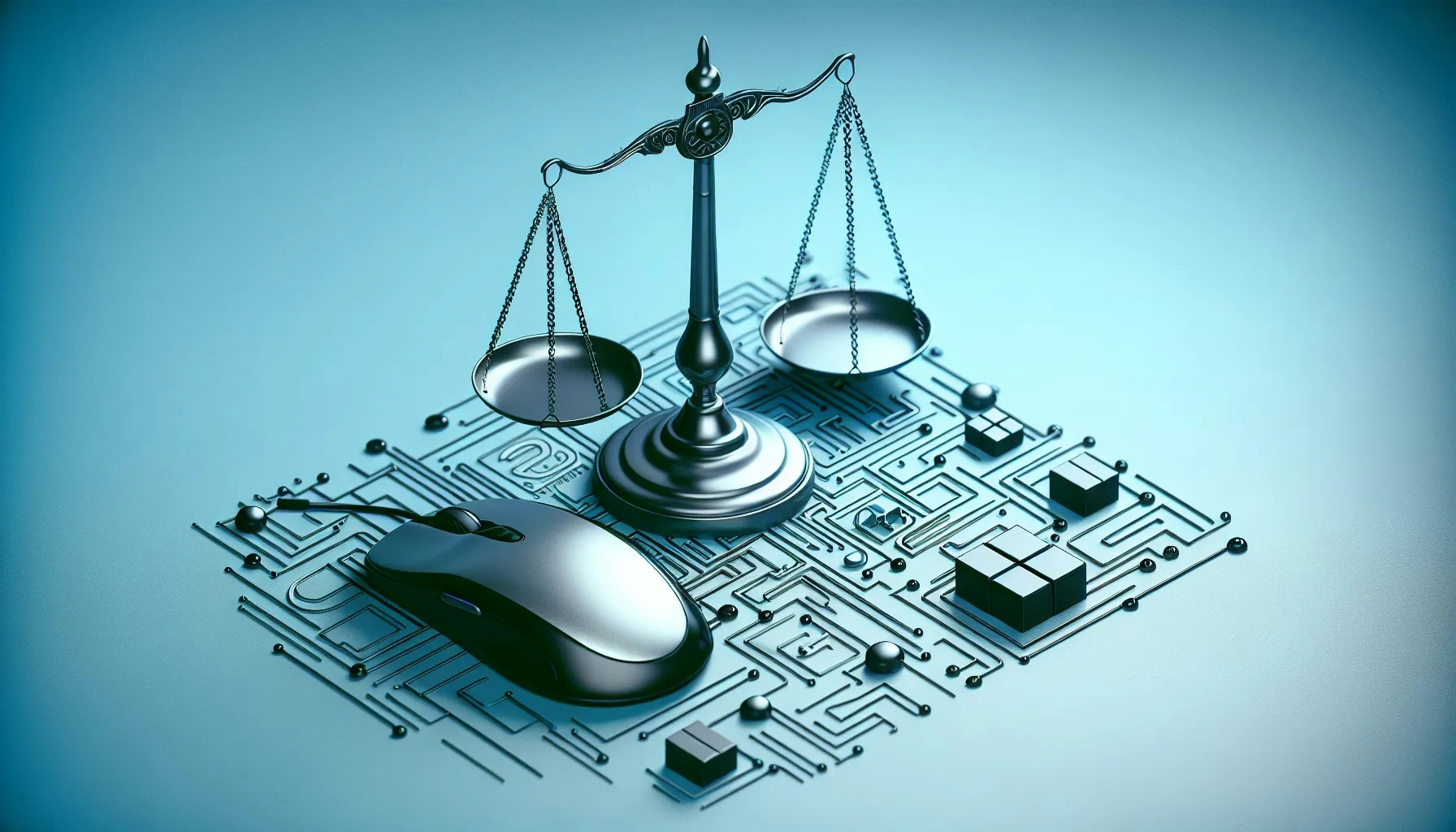The digital age has brought about a revolution in communication, with social media at the forefront. This transformation has not left the legal profession untouched. Lawyers now face a new set of ethical dilemmas, as they strive to balance their professional responsibilities with the opportunities and challenges presented by social media. This blog post aims to explore the intersection of legal ethics and social media, highlighting the challenges and offering potential solutions.
The Impact of Social Media on Legal Ethics
Social media has become an integral part of our lives, influencing how we communicate, work, and even how we conduct our legal affairs. For lawyers, social media platforms offer a plethora of opportunities for networking, client acquisition, and information gathering. However, these opportunities come with their own set of ethical challenges.
One of the primary concerns is the issue of confidentiality. Lawyers often have access to sensitive information about their clients. When using social media, they must ensure that they do not inadvertently disclose this information. Even a seemingly innocent post can lead to a breach of confidentiality if it reveals details about a client or a case.
Another challenge is the risk of creating an attorney-client relationship through social media interactions. A lawyer who offers legal advice on a social media platform may inadvertently establish a professional relationship with the person receiving the advice. This can lead to a host of ethical and legal complications.
Ethical Guidelines for Lawyers on Social Media
To navigate the ethical minefield of social media, lawyers need to adhere to certain guidelines. These guidelines, while not exhaustive, provide a framework for ethical conduct on social media platforms.
The first guideline pertains to confidentiality. Lawyers must refrain from discussing specific cases or clients on social media. They should also avoid sharing any information that could potentially identify a client or compromise a case.
The second guideline relates to the creation of attorney-client relationships. Lawyers should be cautious when offering legal advice on social media. They should make it clear that such advice does not establish a professional relationship and that the person receiving the advice should consult with a lawyer for their specific legal needs.
The Role of Regulatory Bodies in Upholding Legal Ethics on Social Media
Regulatory bodies play a crucial role in maintaining ethical standards in the legal profession. These bodies have the responsibility of formulating guidelines for lawyers' conduct on social media and ensuring their adherence.
In many jurisdictions, regulatory bodies have issued specific guidelines for lawyers' use of social media. These guidelines cover a range of issues, from confidentiality and attorney-client relationships to advertising and solicitation.
Regulatory bodies also have the power to sanction lawyers who violate these guidelines. Sanctions can range from fines and reprimands to suspension or disbarment. By enforcing these guidelines, regulatory bodies help uphold the integrity of the legal profession in the age of social media.
The Future of Legal Ethics and Social Media
As social media continues to evolve, so too will the ethical challenges faced by lawyers. The legal profession must adapt to these changes and find ways to maintain ethical standards in the digital age.
One way to achieve this is through ongoing education. Lawyers need to be aware of the ethical implications of their social media use and understand how to navigate these challenges. Continuing legal education programs can play a vital role in this regard, providing lawyers with the knowledge and skills they need to use social media ethically and effectively.
Case Studies: Legal Ethics and Social Media
Real-world case studies can provide valuable insights into the ethical challenges posed by social media. These cases highlight the potential pitfalls of social media use and offer lessons for lawyers on how to avoid similar mistakes.
One such case involved a lawyer who was sanctioned for revealing client information on a blog. The lawyer had written about a case without obtaining the client's consent, leading to a breach of confidentiality. This case underscores the importance of maintaining client confidentiality, even in the digital realm.
Overcoming the Challenges: A Way Forward
Despite the challenges, social media offers immense potential for the legal profession. Lawyers can harness the power of social media to enhance their practice, provided they adhere to ethical guidelines.
To overcome the ethical challenges of social media, lawyers need to be proactive. They should familiarize themselves with the guidelines issued by regulatory bodies and seek advice when in doubt. They should also consider implementing social media policies in their firms, outlining acceptable and unacceptable behaviors on these platforms.
Embracing the Digital Age: Legal Ethics and Social Media
The advent of social media has transformed the legal landscape, presenting both opportunities and challenges. Lawyers must navigate these challenges with care, ensuring that they uphold the ethical standards of their profession. By adhering to guidelines, seeking ongoing education, and embracing a proactive approach, lawyers can harness the power of social media without compromising their ethical responsibilities.

